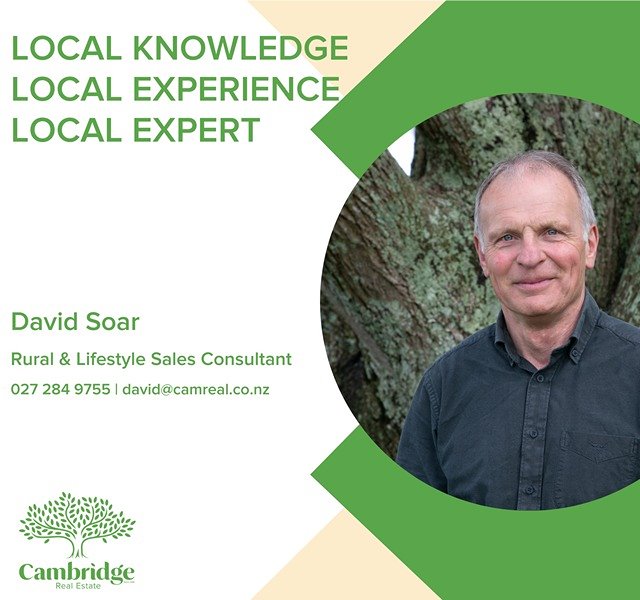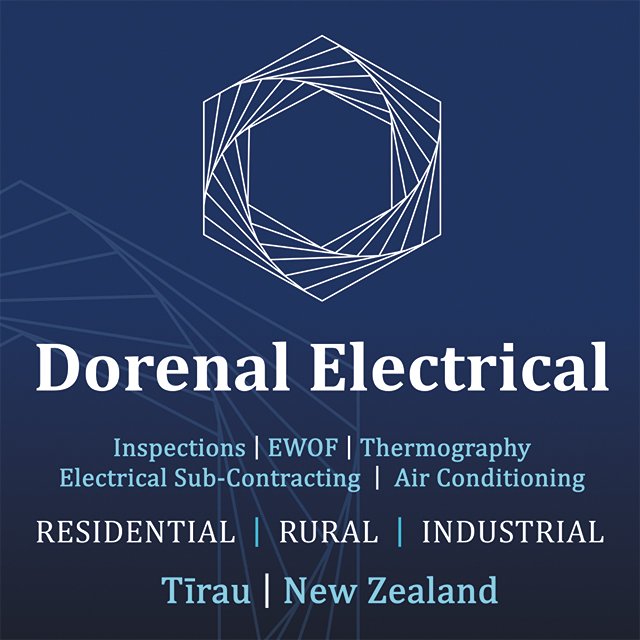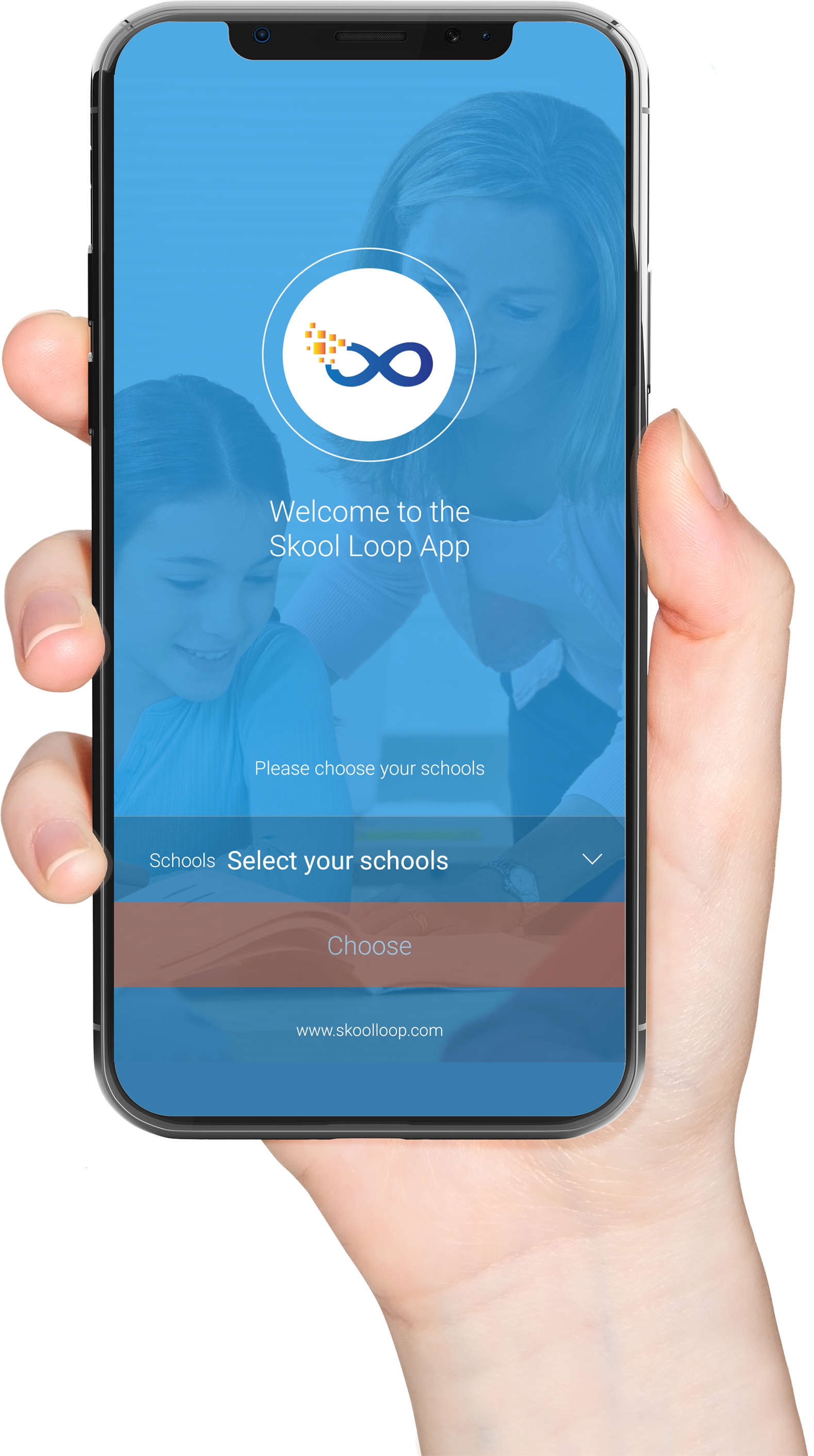This is an opt-in parent funded science programme, for Years 6 and 8 in Term 1 and 2 (Year 7 will have this opportunity in Term 3 and 4).
The Year 6 group session is run from 8.30 - 10.30am NOTE that we will need to school at 8.05am sharp.
The Year 8 group session is run from 12.30 - 2.30pm
Transport will be by teacher and parent vehicle.
Please see the information sent below:
_____________________________________________________________
Science Extension Programme 2024 at Cambridge Primary School.
Teacher: Angela Hay: BSc, MSc(1st Class Honours) GradDipT (Secondary)
My Science Background
Before discovering my love for teaching, I was originally drawn into the study of Science through Medicine. At the end of my pre-medical year, I decided to re-focus my direction in science towards a degree in Chemistry. I was awarded with two scholarships which enabled me to go on to complete a Masters in Chemistry, majoring in Analytical Science. After the completion of my Masters degree, I spent time in two London hospitals where I worked in the field of Biomedical Science. During this time, Waikato University offered me a scholarship to become a Chemistry teacher, so after accepting this, I returned back to New Zealand for training. I really enjoyed teaching, so I decided to move away from medicine and further medical training. I worked for 8 years in two Waikato secondary schools, teaching General Science and Chemistry.
Following this, I spent the next period of my life raising a young family, doing some teaching and providing private tuition for Senior Chemistry students. In 2018, I took on a new venture and joined the Primary School Sector, where I have been teaching Science and STEAM in a Specialist role at Cambridge Primary School. I have also been relieving in the Science faculty at Cambridge High School in recent years.
Why do we need an Extension Science Program?
During my time at Cambridge Primary School in a Specialist Science role, I have enjoyed seeing the children grow in their knowledge and understanding of Science. I have often been inspired by the way the children make new discoveries, and how they demonstrate creative thinking and innovative ideas beyond what I could have ever imagined. The “real life” science opportunities in the laboratory have enabled the children to discover the awe and wonder of science through adventuring, exploration, and play. This has provided them with an opportunity to develop a passion or interest in one or more of the science strands. As the children have explored aspects of science, they have learnt how to think through challenges, how to work successfully in a team, as well as being able to develop their curiosity, knowledge, scientific skills and critical thinking.
Due to the level of student engagement and the success I have observed within the Specialist course, I have developed an increasing awareness of the need for more time for students to learn science, so that the potential to ‘unlock’ an inner gift in science can occur. This can be achieved by providing a space where cultivating a strong passion, developing essential skills, and maintaining a curious and open mindset can operate. From this, it became evident to me that there is the potential for many students across the Cambridge schools to excel academically and grow in science confidence.
This lead me to the conclusion that a Science Extension Program, (which runs in conjunction with the science being taught in the primary classrooms), would play a crucial role in nurturing a well-rounded and informed group of students, promoting scientific curiosity, and preparing the next generation of scientists, researchers, and innovators.
The Benefits of this Science Extension Program
This Science Extension Program will provide a rigorous and advanced approach to the students’ science education by using a range of comprehensive and stimulating learning experiences. The benefits of this course will include:
Enhance scientific understanding: by allowing students to deepen their understanding of scientific concepts beyond what is covered in regular academic curricula. Providing an opportunity to explore advanced topics, cutting-edge research, and practical applications of science.
Fostering Critical Thinking: by allowing students to engage in problem-solving, experimentation, and critical analysis, which helps develop critical thinking skills, encouraging students to question, evaluate evidence, and draw well-informed conclusions.
Nurturing Curiosity and Interest: by encouraging students who may have a natural inclination towards scientific exploration but may not have enough exposure in their regular education.
Preparing for Advanced Studies: by providing a valuable foundation in science related concepts where students become exposed to specialised areas of study and become better prepared for future academic challenges.
Bridging the Gap Between Theory and Practice: involves hands-on experiments, fieldwork, or real-world applications. By experiencing science in action, participants can better understand how theoretical concepts are applied in practical settings.
Encouraging Innovation and Creativity: by exploring scientific topics beyond the standard curriculum, allowing students to think outside the ‘box’, encouraging innovative and creative approaches to problem-solving and research.
Promoting Interdisciplinary Learning: by integrating knowledge from multiple scientific disciplines (chemistry, biology, physics, earth and space), and encouraging students to understand how these different fields of science can complement and influence each other.
Providing Exposure to Role Models and Experts such as scientists, researchers, and industry professionals who can inspire students and provide valuable insights.
Enhancing Scientific Literacy: by fostering science vocabulary, symbols, and conventions.
Academic Excellence: by encouraging higher-order thinking skills, challenging students to analyse, evaluate, and synthesise information to promote a deeper understanding of scientific concepts.
Practical Skills: students will experiment with different substances, materials and science equipment when working in the Laboratory.
Individualised Learning: Students often have unique learning needs, therefore, this program allows for differentiation, ensuring that each student's abilities and interests are acknowledged and supported, leading to personalised learning experiences.
Holistic Development: This program emphasises the development of essential life skills such as teamwork, collaboration, cooperation and communication, independent research, critical analysis of science in the media, and investigation skills.
Mātauranga Māori: Integrating Mātauranga Māori with science education can enrich students' understanding of both traditional and contemporary scientific principles and foster a deeper connection to the land and culture. By integrating Mātauranga Māori with science education, students can gain a more holistic and culturally sensitive understanding of the natural world while appreciating the importance of indigenous knowledge and perspectives.
What will this Science Extension Progam look like? The Science Extension Program will take place in the Cambridge Primary School Science Laboratory. The course will run one day a week for two terms. A total of 32 students (two 16 student groups) can be selected from any primary or intermediate schools in Cambridge. Each session can run for approximately 2 hours, so that two classes can operate during one day. This means that the students can still participate in their own schools learning and activities.
Implementation Plan:
Classwork Requirements: The students will need to produce an online or hard-copy laboratory report, an investigation project and a research project during the two terms.
Parental Involvement: Active engagement of parents in the learning process can occur, so that a supportive and collaborative educational community is fostered.
Local Iwi: Collaboration with local iwi and experts is required to ensure authenticity and respect for Māori culture and knowledge as it becomes incorporated into the program.
Local High Schools: Collaboration with the local secondary schools to ensure the program progresses students towards year 9 and 10.
Budget: The total cost is $20 per session per student. This cost covers the learning materials, teacher pay and laboratory supplies and maintenance.
When? Term 1 & 2 - Year 6 – Wednesdays, 8.30 – 10.30am
Year 8 – Wednesdays, 12.30 – 2.30pm
Term 3 & 4 Year 7 Wednesdays TBC












